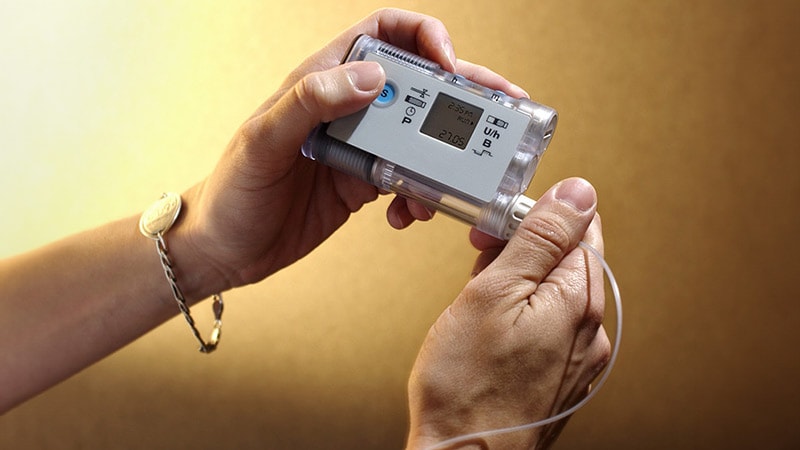Effectiveness of Advanced Hybrid Closed-Loop Insulin Systems for Type 1 Diabetes Management
The article discusses a prospective evaluation conducted by 16 diabetes specialists in Spain on the effectiveness of two advanced hybrid closed-loop insulin delivery systems, MM780G with SmartGuard and Tandem t:slimX2 with Control-IQ. The study involved 150 patients from 14 centers, lasting for 3 months, to assess diabetes control and user satisfaction. Both systems showed a significant improvement in glucose control, with Control-IQ users experiencing the greatest reduction in diabetes-related anxiety. The systems work by constantly measuring glucose levels and automatically adjusting insulin delivery to manage highs and lows. International scientific societies recommend these closed-loop systems as the standard of care for type 1 diabetes due to their effectiveness over conventional insulin therapy. However, the adoption of these devices in Spain is limited, mainly due to barriers such as cost.
Customize Summary
Rewrite with AI
Generate Citations
Translate Source
To Another Language
Generate MindMap
from source content
Visit Source
www.medscape.com
Automatic Hybrid Insulin Delivery Systems Help Manage T1D
Key Insights Distilled From
by Pura C. Roy at www.medscape.com 01-12-2024
https://www.medscape.com/viewarticle/automatic-hybrid-insulin-delivery-systems-help-manage-t1d-2024a10000t0
Deeper Inquiries
